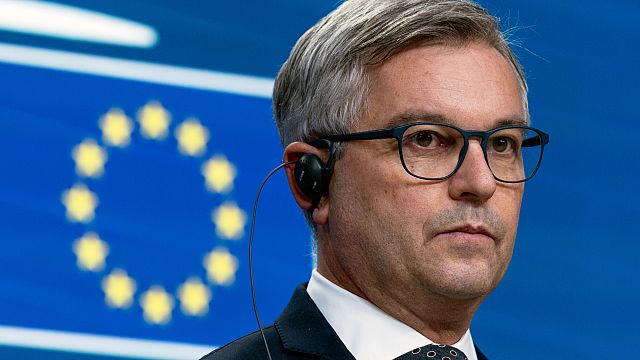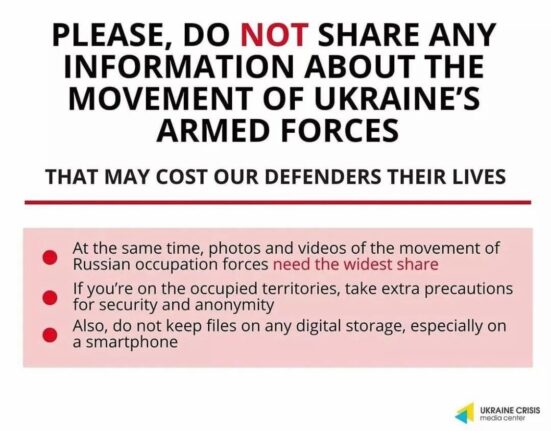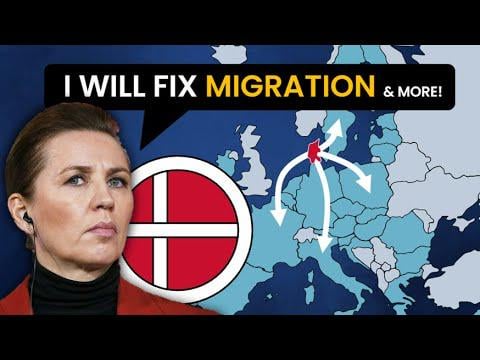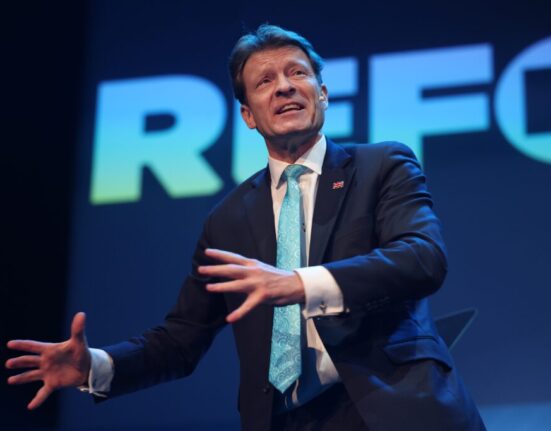The European Commission found itself entangled in a diplomatic debacle with Libya, as a seemingly minor “protocol issue” spiraled into a major standoff. The events unfolded when EU ministers and Commissioners were barred from meeting with Libyan Arab armed forces in Benghazi due to alleged entry violations. This unexpected turn of events left many puzzled, prompting questions about the underlying tensions and implications for EU-Libya relations.
European Commission spokesperson Markus Lammert’s cryptic comments about the incident being a “protocol issue” only added fuel to the fire. While details remained scarce, it became evident that the EU delegation’s first stop in the western Libyan capital of Tripoli may have triggered the backlash in the eastern part of the country. This misstep led to the swift declaration of the European officials as “persona non-grata” by Prime Minister Osama Hammad, highlighting the severity of the breach in diplomatic decorum.
The delegation, comprised of high-ranking officials from Italy, Greece, Malta, and the EU, including migration commissioner Magnus Brunner, found themselves at the center of a diplomatic storm. Accusations of illegal entry and disregard for Libyan diplomatic norms further strained an already fragile situation. The intended purpose of the visit—to discuss enhanced migration measures to combat the rampant people smuggling operations in Libya—was overshadowed by the diplomatic row that ensued.
The EU’s struggle to curb the flow of migrants from Libya underscores the complex challenges posed by the country’s instability and lawlessness.
For years, the EU has grappled with the repercussions of Libya’s chaotic state, with millions of euros poured into anti-smuggling efforts to protect its borders from the influx of desperate migrants. The failed meeting in Benghazi laid bare the deep-rooted issues plaguing EU-Libya relations, shedding light on the intricacies of diplomatic engagement in a region rife with political turmoil.
Amidst the finger-pointing and diplomatic fallout, experts weighed in on the broader implications of this incident. The rift exposed underlying tensions between the EU and Libya, signaling a breakdown in communication and mutual understanding. The clash of interests and diverging priorities highlighted the challenges of navigating diplomatic waters in a volatile geopolitical landscape.
The incident serves as a stark reminder of the fragility of diplomatic relations and the importance of mutual respect and adherence to protocol in international engagements.
As the dust settles on this diplomatic saga, it raises critical questions about the future of EU-Libya cooperation and the effectiveness of migration policies in the face of escalating tensions. The need for transparent communication and respectful engagement has never been more evident, underscoring the delicate balance required to navigate complex geopolitical dynamics successfully.
In conclusion, the EU’s diplomatic misstep in Libya serves as a cautionary tale of the perils of overlooking protocol and the repercussions of strained international relations. It is a stark reminder of the intricacies and sensitivities involved in diplomatic engagements, urging all parties to approach such interactions with the utmost care and respect. Only through dialogue, understanding, and a commitment to upholding diplomatic norms can nations forge enduring partnerships and navigate the complexities of the global stage.









Leave feedback about this